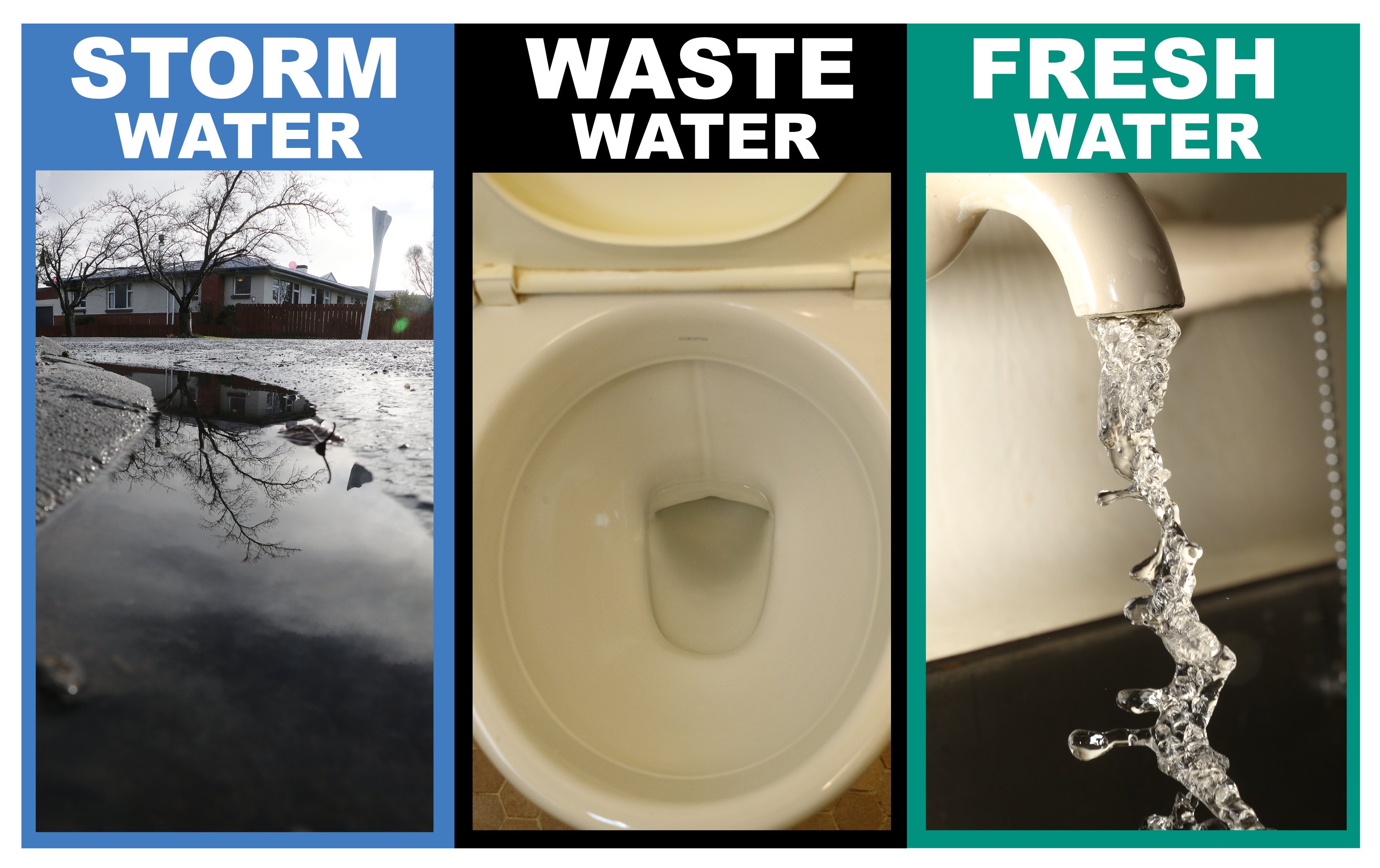
‘Angry’ councillors set to challenge Three Waters (Subscriber)
It is not too late to rethink Three Waters reform and explore other models that could save ratepayers from significantly higher costs, the council says.
The Government plans to establish 10 new regional entities to manage New Zealand's drinking water, wastewater and stormwater services, taking over activities from councils.
Dunedin would be part of an Otago-Southland grouping and the city council's concerns range from councils having diminished control of assets to the potential for localised planning to be compromised.
The Government has argued the entities will have the clout to achieve much-needed upgrades more efficiently than councils can.
The scale of the investment challenge means balance-sheet separation between water entities and local government is "the only effective way" to get the job done, it has argued.
A short window was provided for public submissions about the Water Services Entities Amendment Bill and, despite that, the city council's is extensive and critical.
Council infrastructure services committee chairman Cr Jim O'Malley said the Bill was a fundamentally flawed attempt to tackle a real problem facing councils - how to pay for much-needed, but expensive, water infrastructure upgrades.
"It is not too late to change course," he said.
"Instead of the rushed consultation on the latest broken Bill, the Government would be better off spending its time reconsidering these plans and developing a service delivery model for change that actually works.
"Given its steadfast refusal to do so to date, we can only assume the Government is hellbent on ramming through its current plan whatever the cost to local communities throughout New Zealand.
"We support water reform but remain opposed to the transfer of significant community assets to a broken economic model. That’s something we simply can’t support."
Cr O'Malley said ratepayers across New Zealand could end up paying significantly more for water services through a combination of water charges and rates.
The council could also lose control of investment in water infrastructure to support development in the city, and could be powerless to stop future mergers of regional water entities, he said.
The Government should consider other mechanisms to address operating efficiencies and funding issues, including other forms of collaboration, he said.
Public submissions on the Bill were accepted from June 22 and close today.
"It’s also incredibly frustrating to once again be given such a cynically short timeframe to respond to the Bill, given the importance of the matters involved," Cr O'Malley said.
He flagged concerns about councils across the country having much less influence over assets essentially taken from them.
"This transfer of billions of dollars’ worth of assets is being pushed through without community consultation and raises questions about the Government’s commitment to genuine and meaningful democratic principles."












